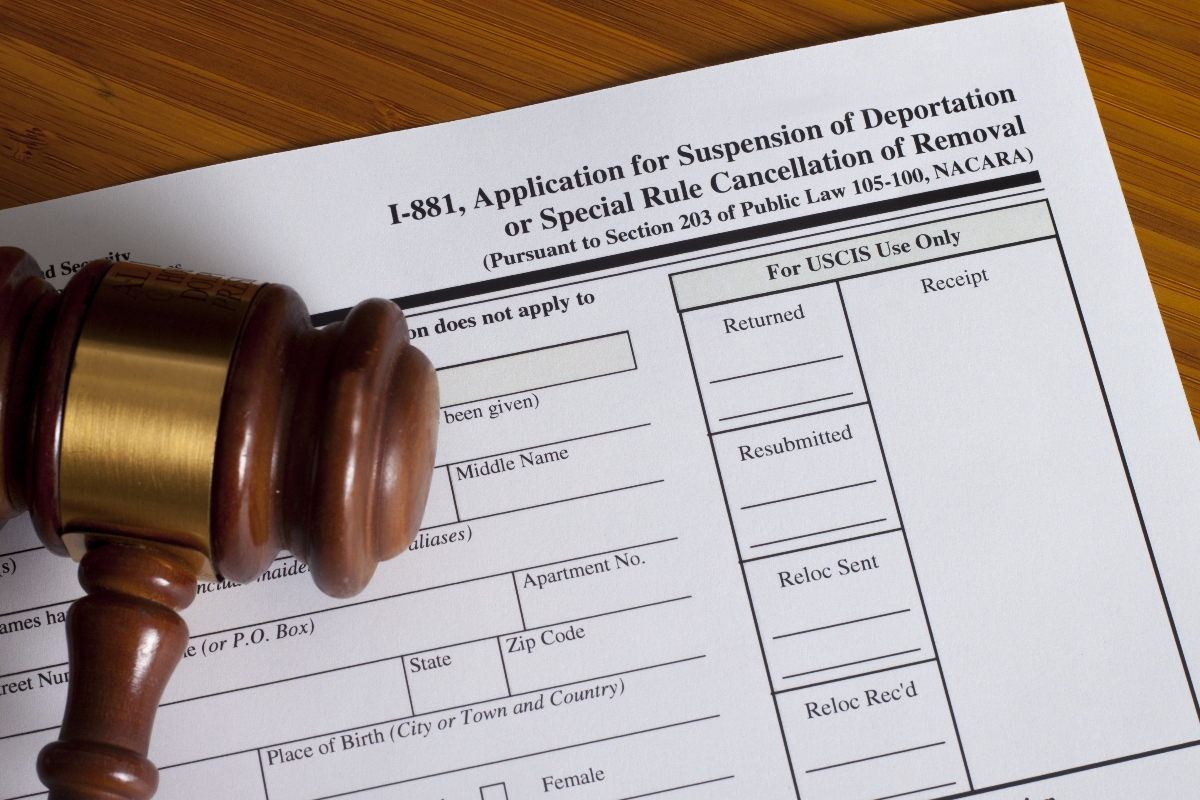Facing deportation proceedings can be an extremely distressing experience, especially in light of recent immigration measures implemented by President Donald Trump’s administration.
It is essential to be well informed and prepared in order to protect your rights and to properly plan for each stage of the process. Below are the key steps you should take before, during and after a deportation.
You must be prepared

Know your rights
Even if you do not have papers, the U.S. Constitution gives you certain fundamental rights:
Right to remain silent: You are not obligated to answer questions that may incriminate you.
Right to an attorney: You have the right to request the presence of an attorney before signing any document or during interrogations.
Right to inviolability of the home: You may refuse to allow agents to enter your home without a valid court order.
Make an emergency plan
Given the intensification of migration policies, it is essential to have an emergency plan that includes:
Trusted contacts: Keep an updated list of family, friends and lawyers to whom you can turn in case of emergency.
Essential documentation: Make sure you have copies of passports, birth certificates, medical records and any other important documents.
Power of attorney: Consider granting a power of attorney to a trusted person to handle your legal and financial affairs in case you are deported.
During deportation

Request legal assistance
Specialized immigration legal representation is crucial. Organizations such as RAICES and the Immigration Legal Resource Center offer free or low-cost legal support.
Given the recent passage of the “Laken Riley Act,” which allows for the detention of immigrants for misdemeanors prior to conviction, it is more important than ever to have adequate legal counsel.
Explore your legal options
Depending on your situation, you may qualify for:
Cancellation of removal: If you can show that your removal would cause extreme hardship to family members who are citizens or permanent residents.
Asylum: If you face persecution or danger in your home country.
Appeals: If you believe there were errors in the process that led to your deportation order.
After deportation

Reconnects with local resources
When you return to your home country, look for local organizations that offer reintegration assistance. They can help you find employment, housing and provide psychological support.
Deportation is a challenging experience, but it does not define the rest of your life
QuéOnnda.com
Keep in touch with family members in the U.S.
Although the distance can be difficult, maintaining constant communication with your loved ones in the U.S. will provide emotional support and may facilitate future opportunities to return legally.
Evaluate your options to return
Depending on the circumstances of your deportation, you may be eligible to legally return to the United States in the future. It is advisable to consult with an immigration attorney to learn about your options and possible waiting times.
It’s not the end of the world!

Deportation is a challenging experience, but it does not define the rest of your life.
With preparation, support and determination, it is possible to overcome this adversity and rebuild your future.
Stay informed about current immigration policies, seek competent legal advice, and be confident in your ability to adapt and thrive, no matter the circumstances.
For more Immigration news, visit QuéOnnda.com.














